I applaud you for taking your search for health into your own hands. There are many doctors and therapists who can assist you, but you are the one who needs to drive the bus and find out what works for you. I hope you are successful in your search. Unfortunately, I am neither a doctor nor a therapist, so all I can offer are some ideas and suggestion for you try and evaluate, keep or discard as you see fit.
First, let’s define our terms for those not familiar with spacicity: Spacicity has been
defined as “a muscle control disorder that is characterized by tight or stiff muscles and an inability to control those muscles. In addition, reflexes may persist for too long and may be too strong (hyperactive reflexes).” Causes can include “an imbalance of signals from the central nervous system (brain and spinal cord) to the muscles. This imbalance is often found in people with cerebral palsy, traumatic brain injury, stroke,multiple sclerosis, and spinal cord injury.” There are many approaches offered to people suffering from spacicity, including botulinum-toxin injections and intrathecal baclofen, but these are invasive for patients and can have undesirable side-effects. Occupational and physical therapyprograms, involving muscle stretching and range of motion exercises, and sometimes the use of braces, may help prevent tendon shortening. Rehabilitation also may help to reduce or stabilize the severity of symptoms and to improve functional performance.
Your first question is whether Yin Yoga has any benefit to you, and to answer that we have to first ask you - what is your intention in doing yoga in the first place? While it seems natural that you may be coming to yoga (and Yin Yoga) to obtain physical relief and health, this is just one modality. Yoga can provide benefits far beyond the body alone: you can learn how to deal with the stress of living, with the stress of disability, with the stress of changes in life that come inevitably with aging, etc. Yoga can help with enhancing energy flow, the immune system response, with epigenetic changes at a cellular level. Yoga can help open your heart and soften the hardest edges in the mind. There are many benefits you can receive from a Yin Yoga practice even if the practice did nothing at all to reduce your spacicity. However, I suspect, even there, Yin Yoga may be helpful.
Yin Yoga is generally assumed to target the connective tissues, but it is impossible to only stress our fascia without also stimulating and stressing our muscles too. Even though your muscles may be chronically tight, the stress of Yin Yoga postures will seep into the fascia around and through the muscles, including the tendons and ligaments. Indeed, Yin Yoga is often more effective physiologically when the muscles are tighter than when looser. (To understand this, read
this section of YinSights and these
posts in the Forum.) So, I would suspect that Yin Yoga will be even
more effective for you than for less spastic people.
There is a recent
study that suggests spacicity is not just caused by nervous system interaction with the muscles (the stretch reflexes or muscles tone) but the peripheral tissues, such as muscle fibers and connective tissue are also directly involved. The following quotation may prove useful to you:
- There is a "complex interactions between muscle cells and the extracellular matrix that affect the contractile properties of skeletal muscle fibers relevant to changes that occur with spasticity. Lieber et al. [23] showed that spastic muscle bundles are stiffer than isolated single spastic fibers; only about 40 % of spastic muscle bundles were occupied by muscle fibers in contrast to 95 % in normal muscle bundles, suggesting increased intramuscular connective tissue deposition in spastic muscle bundles. Three different mechanisms have been proposed to explain the ‘increased resistance to stretch’ or intrinsic muscle stiffness [9]: (1) active muscle stiffness where increased stiffness is caused by an increase in the number of cross-bridges attached during muscle contraction; (2) neurally mediated reflex stiffness caused by descending influences on the monosynaptic reflex between muscle spindle afferents and the alpha motor neurons; (3) passive muscle stiffness caused by fibrosis within the muscle tissue or a change in the properties of the muscle fibers."
So, we see it is not just neurological: spacicity may be caused by changes in the connective tissue within and around the muscle fibers and thus Yin Yoga may prove very beneficial for you. I would encourage you to try it with a good yoga teacher who can guide you in paying attention to what you are feeling as you proceed, and won’t let you go too far too fast.
As for your second post where you ask whether vibration could be good or bad for you: I would suggest you review
this study which describes one very good outcome from using vibration. But, as always, you have to check these things out for yourself. You are unique and what works for you may be likewise quite unique.
Good luck!
Bernie
